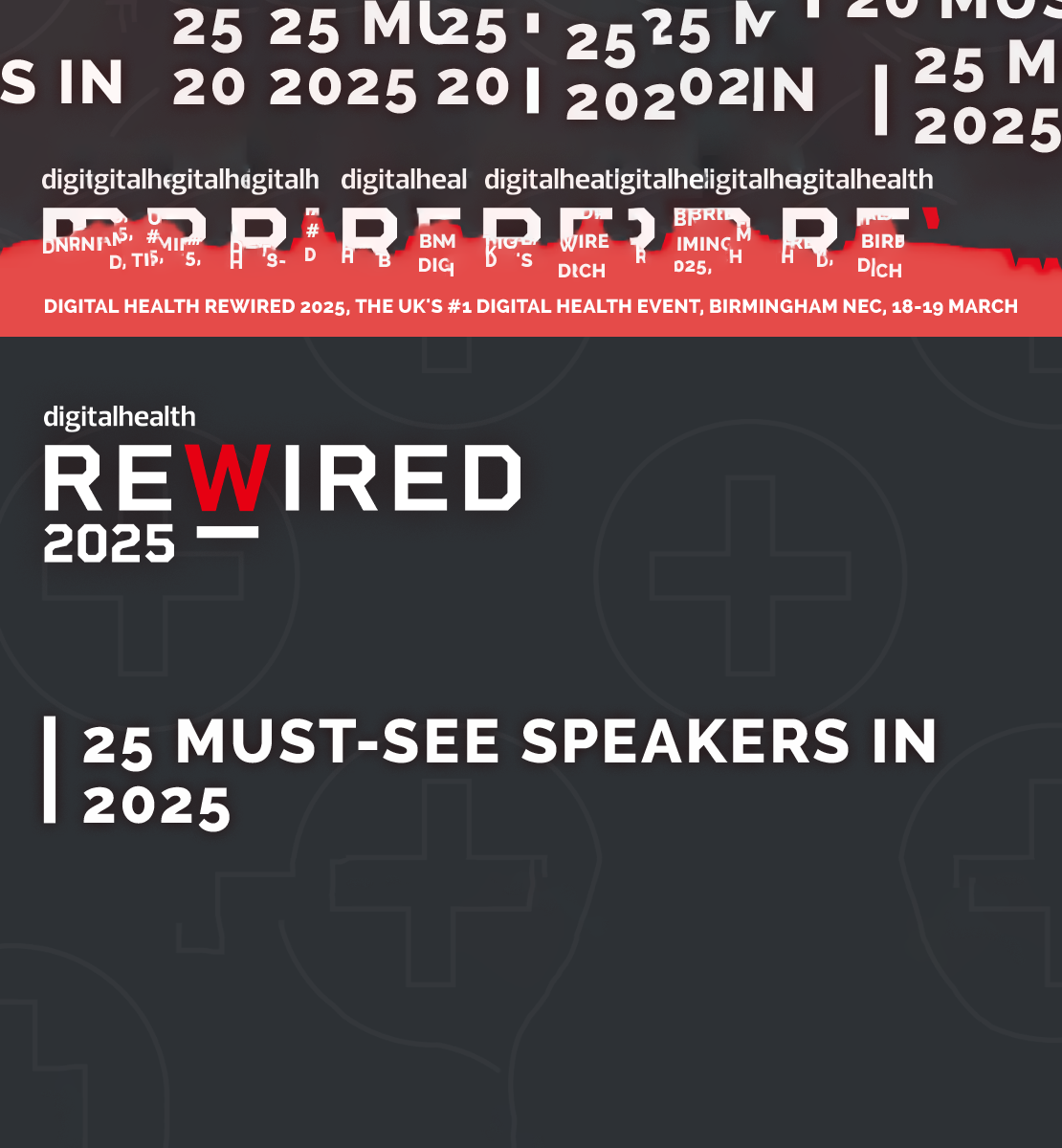Tech grant for Poole epilepsy project
- 17 November 2014

A consortium that includes Poole Hospital NHS Foundation Trust has received £722,000 from Innovate UK to integrate personal health data with its Graphnet CareCentric record.
The Epilepsy Networks Project will include a combination of a patient portal, integrated digital records, social networking and data analysis tools.
The project, for the Dorset Epilepsy Service, will also use automated sensing and geolocation technologies in smartphones to detect seizures and send alerts to patients’ friends and family, as well as recording environmental factors that may have caused the seizure.
The University of Kent is developing tracking technology for the project, while Graphnet is building epilepsy datasets and analysis tools for the shared care record. Shearwater Systems is building a patient portal to be integrated with the Graphnet data-sharing platform.
Dr Rupert Page, Poole’s chief clinical information officer, told EHI the project will include the development of an electronic “seizure diary” for patients, allowing them to record the times and dates of their seizures. The data will then be integrated into the trust’s Graphnet shared care record.
The development will help clinicians to make “much more timely” interventions by alerting them to a patient’s stroke and whether a change in medication or treatment may be needed, Page said.
“It means we can be triggered to know whether a patient has had another seizure and therefore whether we need to get involved. rather than seeing them every six months and finding out they had a seizure four months earlier.”
Page said the diary will be included in a patient portal, which would also allow the service to send out information about medication changes and tie them into the seizure diary.
The project will also include work on data analysis and visualisation tools to make it easier to assess the relationship between seizure frequency and the use of particular drugs.
“We have some patients who bring in detailed, handwritten notes, and they’ve clearly invested a lot of time in it, so if we can do that for them it makes it much easier to visualise the changes and make management of the patient much more effective.”
Page said geolocation and automatic sensing technologies from smartphones and wearable tech such as an electronic bracelet will be used to sense changes in a patient’s condition and check on their status.
If no response is received, alerts with geolocation information will be sent to friends and family, while rescue advice is displayed on the smartphone for passers-by.
Friends and family will also be able to record video or audio of a patient’s stroke and share it with the trust so it can be used to assist their treatment, building up a record of the environment they were in when they suffered the seizure which may give clues to why they are occurring.
Page said patients will be allowed to opt out of sharing data with the hospital. Those who do opt-in will also be allowed to decide “at a more granular level” whether they are happy for their anonymised data to be shared for secondary uses, such as comparison of different seizure medications.
Page said the project is a “scalable approach” that could be adopted to other conditions which could benefit from integrating personal health data with patient records, such as diabetes and Parkinson’s disease.
Page said he has already started speaking to patients about the possibility of participating in the project.
If the project receives ethics and legal approval, approximately 50 patients will take part in “alpha testing” next summer to determine the project’s viability.
It may then be rolled out to a larger cohort in late 2014 to determine its value to patients and what additional features may need to be introduced.





